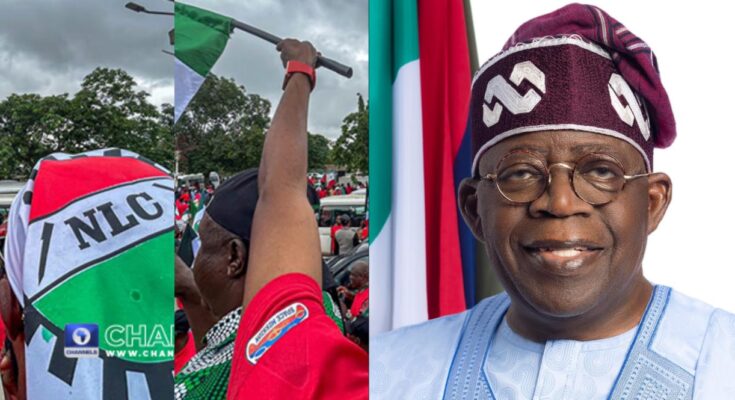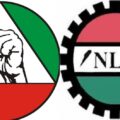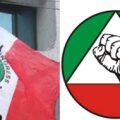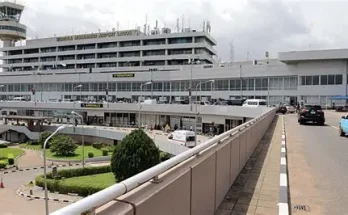The meeting between the Federal Government and Organised Labour in Nigeria, which took place yesterday, did not reach an agreement. Leaders from the Nigeria Labour Congress (NLC) and the Trade Union Congress of Nigeria (TUC) rejected the government’s proposals. However, they plan to meet again today at 4 p.m.
After a long discussion, Femi Gbajabiamila, who leads the government team, paused the meeting to consult with the President regarding the new demands put forward by the labour leaders.
Sources at the meeting revealed that the labour leaders were not satisfied with President Bola Tinubu’s offer of a N25,000 temporary wage increase for low-income workers to help offset the removal of the petrol subsidy.
READ ALSO: Indefinite strike: FG invites NLC, TUC for emergency meeting
What happened in the meeting?
They told the Attorney-General of the Federation and Minister of Justice, Lateef Fagbemi, that they were willing to go to jail if necessary because the government had threatened them with legal action, which they found unacceptable.
To provide some background, President Tinubu had announced in a national address during Nigeria’s 63rd Independence Anniversary that there would be a provisional increase in the federal minimum wage.
For the next six months, low-grade workers would receive an additional N25,000 per month, and cash transfer programs would be expanded to reach an additional 15 million vulnerable households.
READ ALSO: Breaking: NLC,TUC to commence nationwide strike from October 3
However, in their meeting with the Federal Government team, Organized Labor rejected the N25,000 temporary wage increase and instead demanded a 200% increase in the current minimum wage.
They also insisted that the wage increase should apply to all workers until a new Minimum Wage Act is passed next year and should not be limited to only six months.
Additionally, the labour leaders called for an increase in the conditional cash transfer amount for the poorest and most vulnerable citizens to N25,000 for 15 million Nigerians, as opposed to the N5,000 the previous administration provided.







